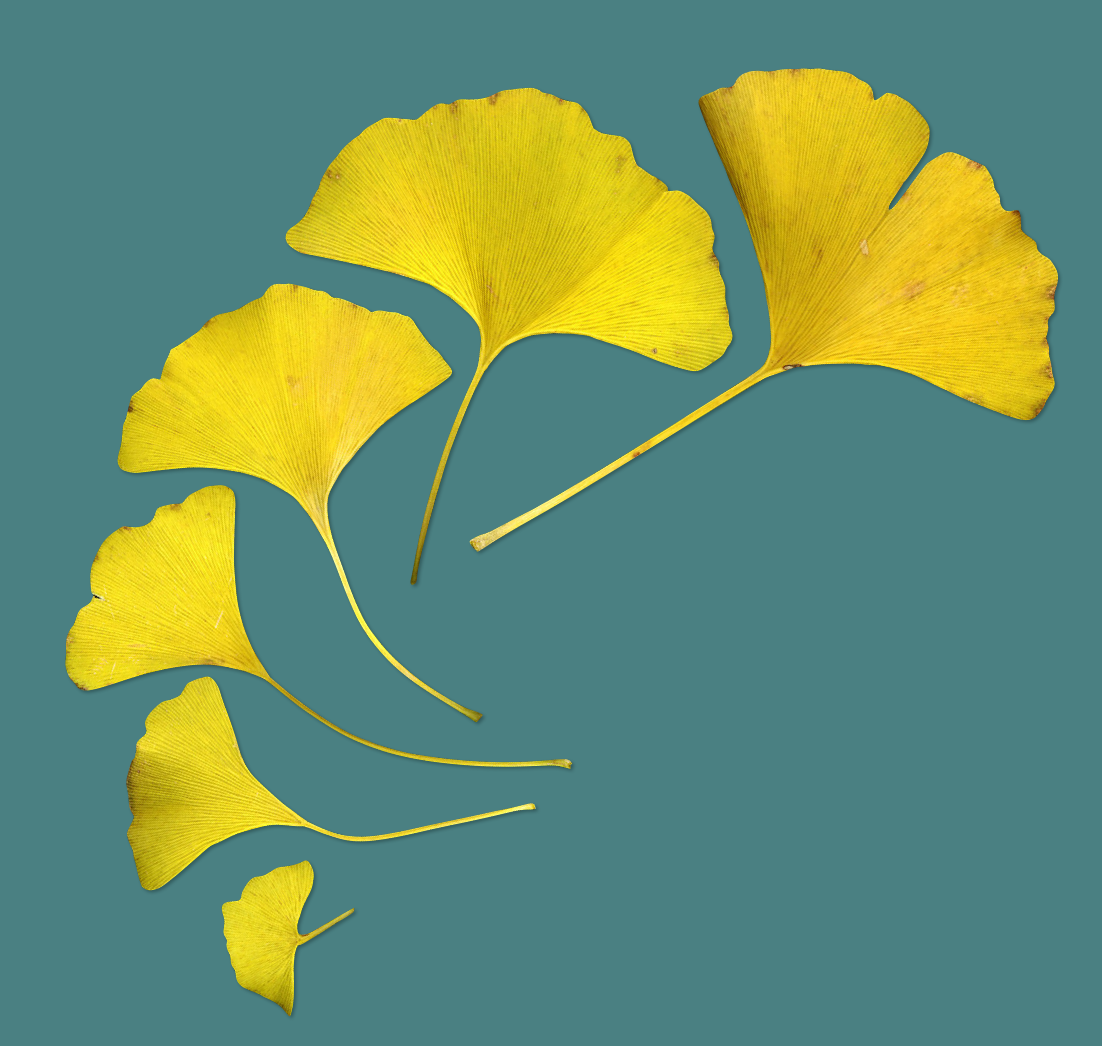Feeding Your Gut
The Power of Prebiotics for a Healthier Microbiome
Should you be taking probiotics every day? And what is this thing called prebiotics?
One of my teachers Dr Jason Hawrelak did his PhD on probiotics and gut health, and he reckons that while probiotics can do amazing things, and can be valuable in specific circumstances, he doesn’t take them daily. He takes prebiotics daily for gut health, mostly in the form of specific foods, but also as a supplement at times. It is prebiotics that increase your levels of beneficial bacteria and balance your microbiome. Probiotics can influence your gut microbiome but do not actually repopulate it.
Prebiotics are non-digestible compounds found in certain foods or supplements that promote the growth and activity of beneficial microorganisms, primarily in the gut. Unlike probiotics, which are live beneficial bacteria, prebiotics serve as "food" for these bacteria, helping maintain a healthy gut microbiome balance.
Key Features of Prebiotics:
Resistant to Digestion: They pass through the upper part of the gastrointestinal tract undigested.
Fermented in the Colon: Once they reach the colon, they are fermented by beneficial bacteria such as Bifidobacteria and Lactobacilli.
Selective Action: They specifically stimulate the growth of good bacteria, without promoting harmful ones.
Prebiotics are fermented by gut bacteria to produce short-chain fatty acids (SCFAs), like butyrate, acetate, and propionate, which are essential for gut health, immune regulation, and reducing inflammation.
Benefits of Prebiotics:
Improved Gut Health: Support the growth of beneficial bacteria, which can improve digestion and reduce gastrointestinal issues.
Enhanced Immune Function: Help maintain a healthy gut barrier and immune response.
Better Absorption of Minerals: Particularly calcium and magnesium.
Reduced Inflammation: May lower markers of inflammation associated with chronic diseases.
Mood and Mental Health: Emerging research suggests a link between gut health and brain health (the gut-brain axis).
Types of Prebiotic Fibers:
Inulin: Found in chicory root, onions, and garlic.
Fructooligosaccharides (FOS): Found in garlic, onions, leeks, asparagus, Jerusalem artichokes, bananas, kiwifruit, chicory, dandelion greens, rye and wheat.
Galactooligosaccharides (GOS): Found in legumes, including soy, and small amounts in dairy products.
Resistant Starch: Found in green bananas, cooled potatoes, and whole grains including rice.
Common Sources of Prebiotics:
Fibrous Vegetables: Onions, garlic, leeks, asparagus, and Jerusalem artichokes.
Fruits: Bananas, apples, and berries.
Whole Grains: Barley, oats, and wheat bran.
Legumes: Lentils, chickpeas, and kidney beans.
Other: Chicory root, dandelion greens, and yacon root.
Incorporating a variety of prebiotic-rich foods into your diet can help create a robust and diverse gut microbiome, supporting overall health and well-being.
What about the Farting?
Yes, prebiotic foods can cause farting, and it can take a while for the gut to adapt to increased levels of fermentable fibres in the diet. If it causes bloating, distention and discomfort, or really stinky farts, it can mean you need some help with your digestive system, or you are changing your diet too quickly.
For example, beans are incredibly good for feeding a healthy microbiome, but many people can’t tolerate them. A couple of suggestions. One is to start low and slow, so that you are not giving the microbiome too much of a party too fast. Feed it slowly and increase as your tolerance builds. Another is to soak beans before cooking them. The soaking times can be found easily with Google.
Starting with small amounts frequently is a good approach for any new prebiotic fibre foods.
Restrictive Diets like Keto, Carnivore & Low Fodmap
Can you see the issue with these diets long term? By avoiding prebiotic foods, foods high in fermentable fibres like legumes, fruits, vegetables and whole grains, for extended periods, beneficial bacteria are starved. It can lead to constipation, bloating, increased susceptibility to infections and increased inflammation. However, people often notice a benefit when they stop eating these foods in the short term or longer, because their gut is imbalanced, likely due to modern poor-quality diets or extreme diets, antibiotic use, or other issues. But it’s not a problem with the foods- people have eaten these foods for thousands of years - it’s the state of their gut. If they stay on these restricted diets for too long they develop an increased sensitivity to previously well-tolerated foods, reinforcing the cycle of restriction. This is because the gut bacteria that process these foods diminish in number if the foods aren’t there.
Working with a gut-wise nutritionist or health professional can help to identify necessary restrictions while incorporating tolerable prebiotic foods. Prebiotic supplements containing FOS, GOS or inulin also have a place.
The Mediterranean Diet
The traditional Mediterranean diet is highly beneficial for our guts and contains good amounts of whole foods with prebiotic qualities such as fruits, vegetables and wholegrains. Along with some fermented dairy such as Greek yoghurt, it is the ideal way of eating, especially with priority given to sit-down meals, chewing well, local fresh food, and a relaxed lifestyle inclusive of friends and family. For more information about a Mediteranean diet, see my article here.
Don’t be afraid of prebiotic foods!
There are so many influencers creating fear around foods like beans, which are a central part of the diets of all the longest living communities on earth.
Maintaining a diverse and balanced intake of prebiotics, even within dietary constraints, is essential for long-term gut and overall health. There is now so much evidence that gut dysbiosis is related to metabolic health, obesity and diabetes, so it’s best not to get stuck on a low fibre/ low prebiotic diet.





